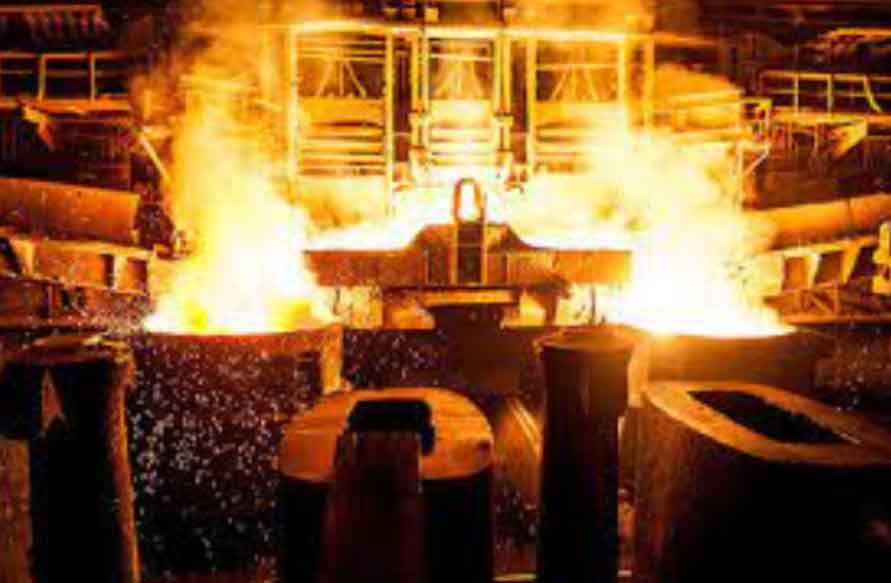
The steel casting industry is experiencing a green revolution, with a growing focus on sustainable solutions to reduce its environmental impact and contribute to a greener tomorrow. Several initiatives and advancements are being made to achieve greater sustainability in steel casting:
- Energy Efficiency: Steel casting foundries are implementing energy-efficient technologies and practices to reduce their carbon footprint. This includes using more energy-efficient equipment, optimizing production processes, and utilizing renewable energy sources where feasible.
- Recycling and Scrap Management: Recycling steel scrap and utilizing it in the casting process is a key sustainable practice. By recycling scrap steel, the need for virgin raw materials is reduced, saving energy and reducing greenhouse gas emissions.
- Reducing Waste and Emissions: Foundries are focusing on minimizing waste generation and emissions throughout the casting process. Advanced filtration systems are employed to capture pollutants and particulate matter, ensuring cleaner air and a safer working environment.
- Water Conservation: Water is an essential resource in the casting process, and foundries are taking steps to reduce water consumption and implement water recycling systems. Water-efficient cooling systems and closed-loop water systems are becoming more common.
- Green Sand Casting: Green sand casting, which uses naturally occurring sand combined with additives, is a sustainable alternative to other sand casting methods. It requires less energy and produces fewer emissions.
- Alternative Materials: Some foundries are exploring the use of alternative, eco-friendly materials and binders to replace conventional materials that may have environmental impacts.
- Life Cycle Assessment: Foundries are conducting life cycle assessments to evaluate the environmental impact of their products throughout their entire life cycle, from raw material extraction to end-of-life recycling or disposal. This helps identify areas for improvement and optimization.
- Investment in Research and Innovation: Investment in research and development is driving the development of new technologies and materials that can further enhance the sustainability of the steel casting process.
- Sustainable Supply Chain: Foundries are working with suppliers and customers to create a sustainable supply chain, emphasizing responsible sourcing of raw materials and eco-friendly practices throughout the entire production chain.
- Certifications and Standards: Many foundries are seeking certifications and adhering to international standards that promote sustainable and responsible manufacturing practices.
The green revolution in steel casting is not only driven by environmental concerns but also by the increasing demand from customers and regulators for more sustainable products and processes. By embracing sustainable practices, the steel casting industry is moving towards a greener and more responsible future, contributing to global efforts to combat climate change and protect the environment.
